MANILA, Philippines (April 19, 2025) – The clock is ticking for prosecutors at the International Criminal Court (ICC) as they race to compile thousands of documents against former Philippine President Rodrigo Duterte in what has become a watershed moment for international justice in Asia.
In a decisive order issued Wednesday, the ICC Pre-Trial Chamber I established July 1 as the final deadline for the prosecution to submit all evidence it intends to use against Duterte during September’s pivotal confirmation hearing. The chamber warned that any materials submitted after this date “will not be taken into account” when determining if the case moves to trial.
“The walls are closing in,” said Maria Santos, a human rights attorney who has documented drug war killings since 2016. “For families who’ve waited years for justice, this deadline represents the first real chance to see accountability for the thousands who died.”
The ICC’s order, signed by Presiding Judge Iulia Antoanella Motoc and two other judges, requires prosecutors to submit “the totality of the witness statements and their translations, the exculpatory material that it has identified thus far, and the material falling under rule 77 of the Rules” by the July cutoff.
Prosecutors have already disclosed they are preparing an enormous cache of evidence, including 421 written documents totaling over 8,500 pages, nine photographs, and nearly 16 hours of audio and video footage. This material will form the backbone of their case alleging crimes against humanity during Duterte’s controversial “war on drugs.”
A President in the Dock
The 80-year-old former president was arrested in Manila on March 11 and transferred to ICC custody in The Hague the following day – making him the first Asian head of state to face the tribunal. He currently remains detained at the ICC’s holding facility in Scheveningen, a seaside district of The Hague.
Prosecutor Karim Khan’s office has charged Duterte with “crimes against humanity of murder, torture and rape” allegedly committed between November 2011 and March 2019 – spanning both his time as mayor of Davao City and his presidency.
“What we’re witnessing is unprecedented,” said Professor Antonio Ramirez, an international law expert at the University of the Philippines. “A former president who once seemed untouchable now faces the world’s highest criminal court. The evidence disclosure deadline makes this all very real.”
The prosecution’s case centers on allegations that Duterte orchestrated a systematic campaign of extrajudicial killings that left thousands dead. Official Philippine government figures acknowledge roughly 6,000 deaths during anti-drug operations, but human rights organizations estimate the true toll could reach 30,000.
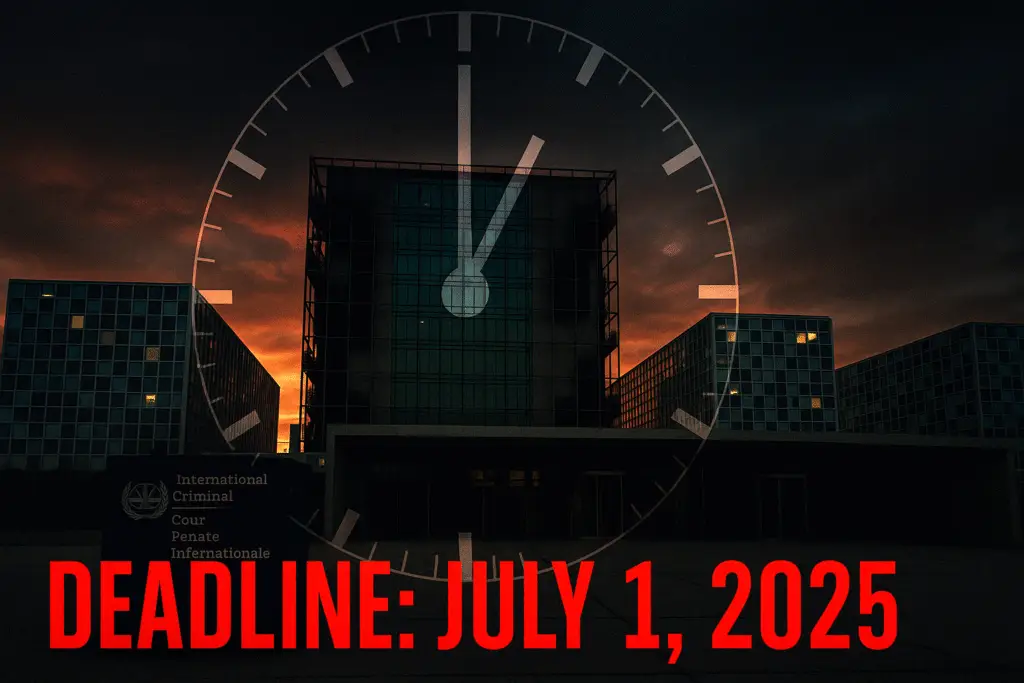
Confirmation Hearing: A Critical Hurdle
The submission deadline comes as both sides prepare for the confirmation of charges hearing scheduled for September 23 – a crucial procedural step that determines whether the case proceeds to trial.
“The confirmation hearing isn’t the trial itself but rather a filter,” explained Dr. Eleanor Parker, director of the Center for International Justice Studies. “The judges will assess if there’s sufficient evidence establishing substantial grounds to believe Duterte committed these crimes.”
The Pre-Trial Chamber emphasized this distinction in its order, noting that “the confirmation hearing is not a full trial but a limited procedure to determine whether the case should proceed.”
For the prosecution to succeed, they must demonstrate “substantial grounds to believe” Duterte is responsible for the alleged crimes – a standard higher than “reasonable grounds” required for an arrest warrant but lower than the “beyond reasonable doubt” threshold needed for conviction.
Evidence Mountain and Tight Timeline
In addition to the July 1 evidence deadline, the Pre-Trial Chamber established a complex calendar of filing deadlines leading up to the September hearing:
- By April 30: Prosecution must categorize evidence by themes
- By May 9: Applications to protect witness identities due
- By May 23: Risk assessments for witness protection must be completed
- By July 4: Submission of the Document Containing the Charges (DCC) and Pre-Confirmation Brief
- By August 20: Final deadline for prosecution to amend charges
“The evidence disclosure process isn’t just a paperwork exercise – lives could literally depend on it,” said Roberto Mendoza, a Philippines-based human rights advocate. “Many potential witnesses against Duterte fear retaliation. The prosecution must balance transparency with protection.”
The defense team has already begun challenging aspects of the case, including the ICC’s jurisdiction. The Philippines formally withdrew from the Rome Statute in March 2019, but the court maintains it has authority over crimes committed while the country was still a member.
Global Implications
Duterte’s case represents a pivotal test for the ICC, which has faced criticism for focusing predominantly on African defendants throughout much of its history.
“This proceeding sends a powerful message that no one is above international law,” said Fatima Wong, Southeast Asia director for Global Accountability Now. “For victims’ families who’ve lost loved ones, the evidence deadline brings them one step closer to the truth.”
As the July deadline approaches, both prosecution and defense teams face mounting pressure. Khan’s office continues reviewing approximately 168,000 additional potential evidence items while preparing witness security measures for those who may testify against the former president.
Meanwhile, families of drug war victims watch closely as the case unfolds, hoping the evidence will finally reveal the full scale of what happened during Duterte’s brutal crackdown.
“Six years we’ve waited for someone to answer for my son’s death,” said Elena Marasigan, whose 19-year-old was killed in a 2017 police operation in Manila. “Now we see the court setting these deadlines, and for the first time, I feel like justice might actually happen.”
The ICC has provisionally scheduled the confirmation hearing for September 23, 2025.

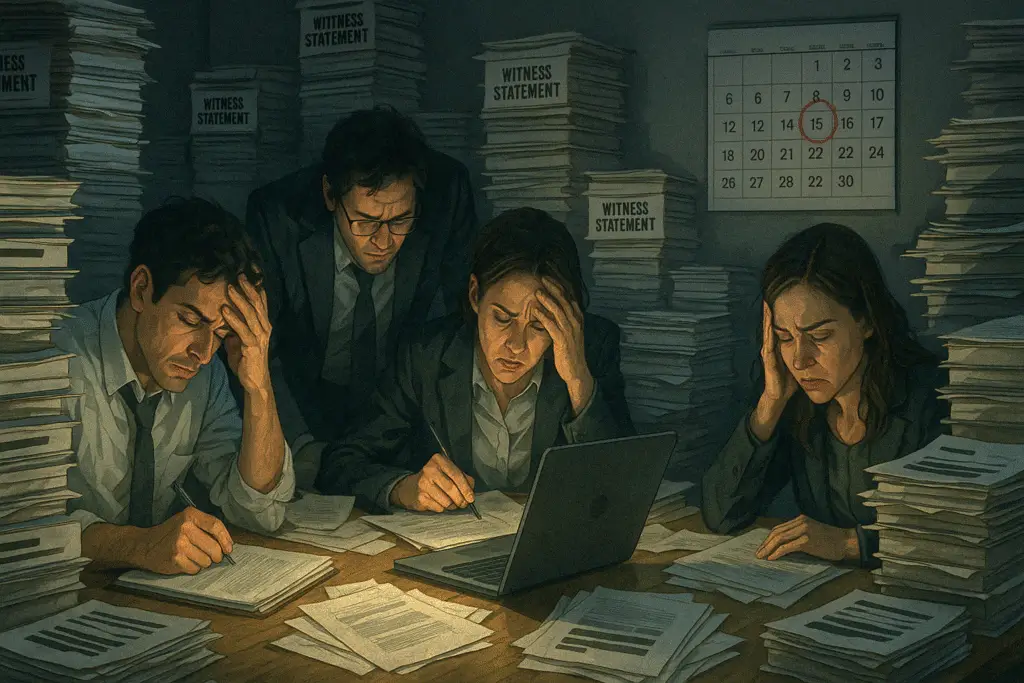

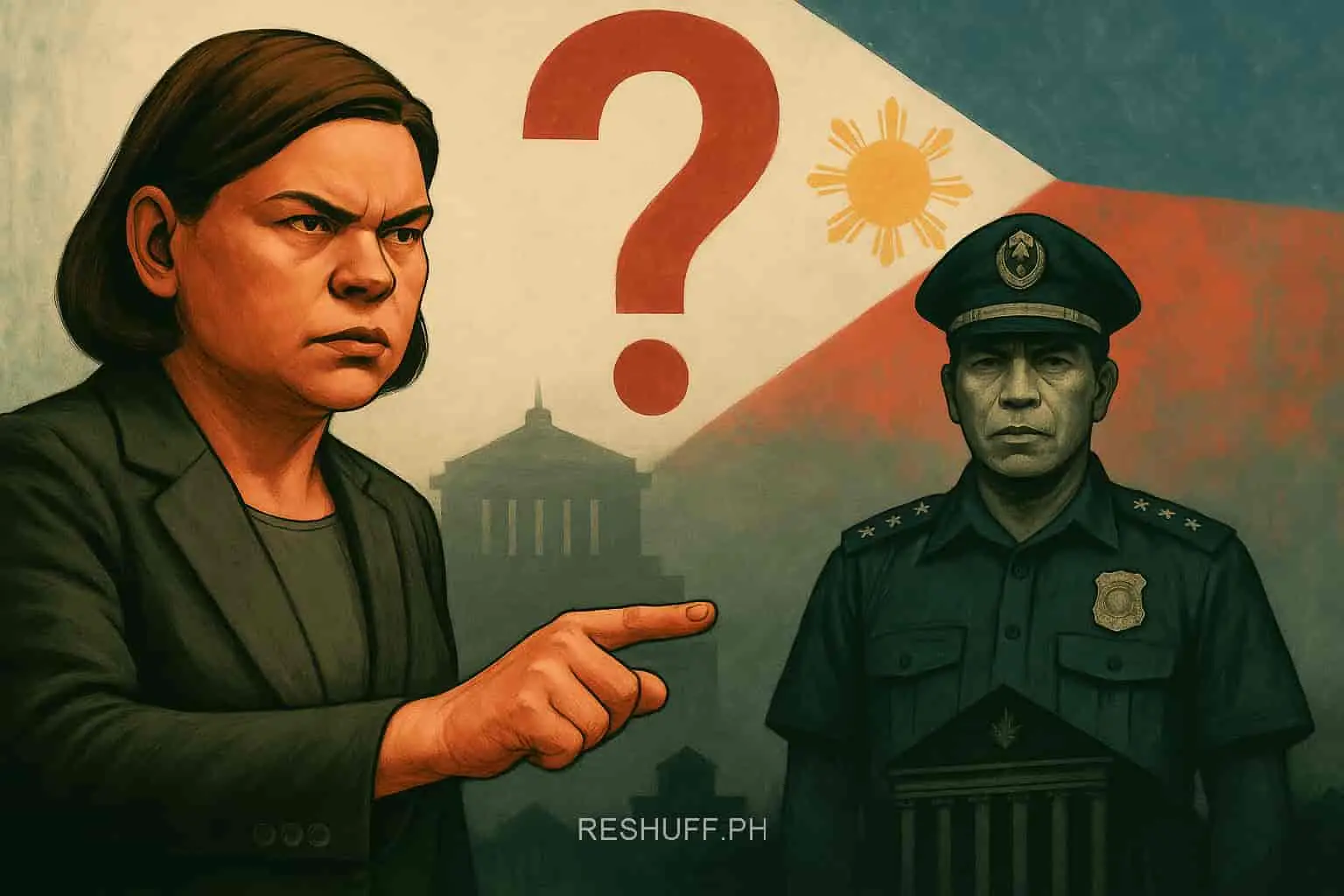
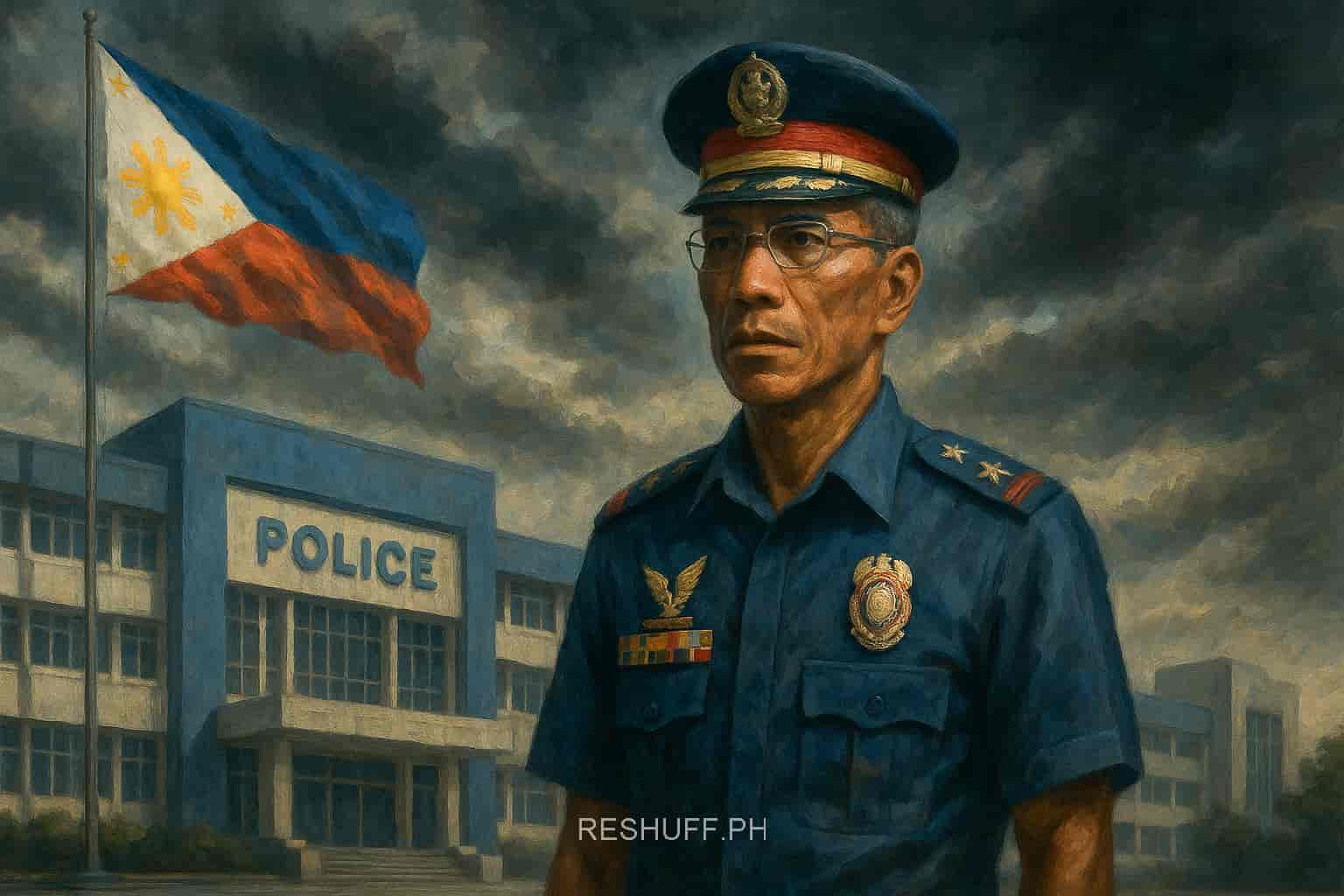
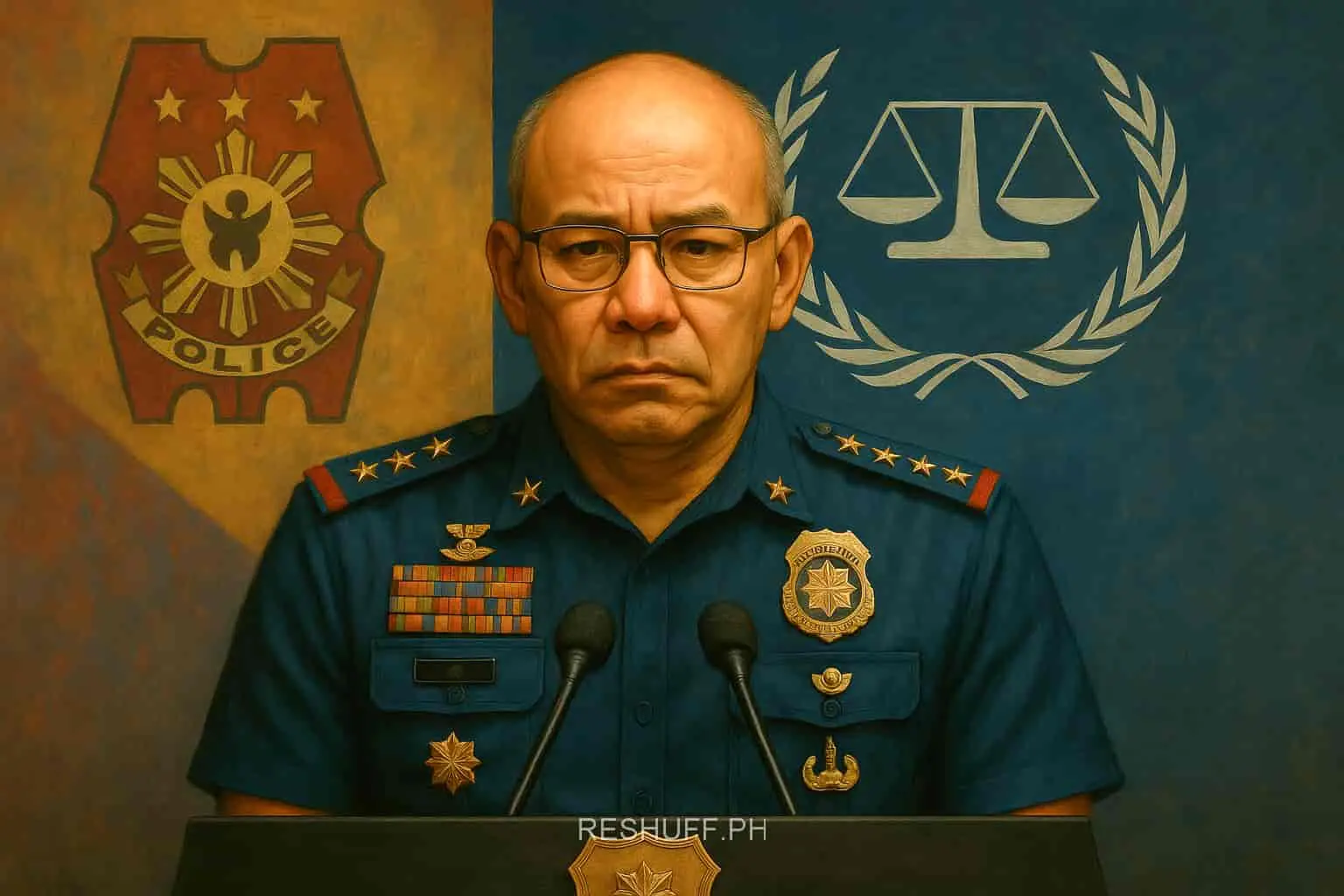
2 Responses